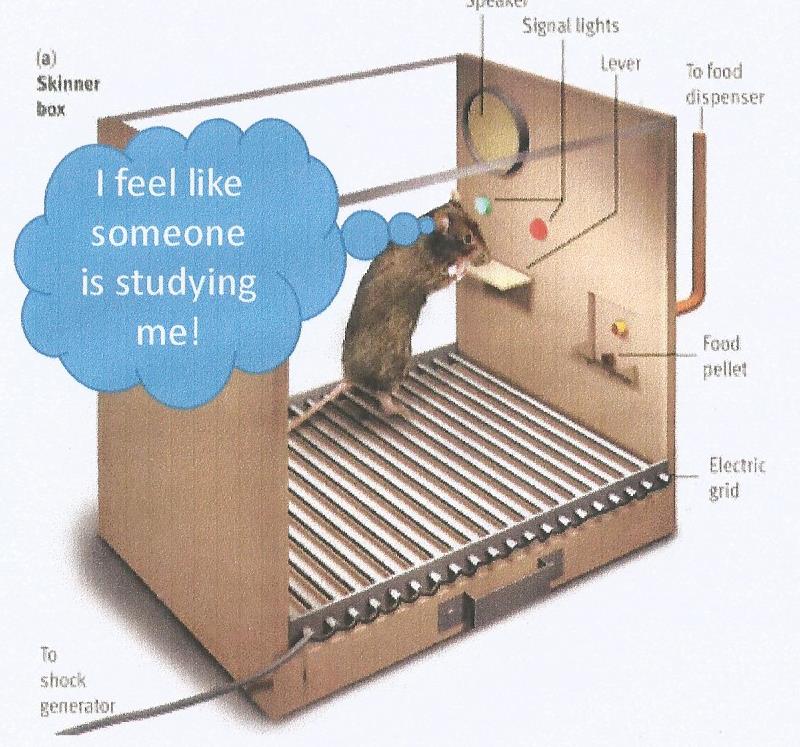
Doing the H800 module has been a surprising challenge. This is because I had no real idea of what might be studied. Sometimes it has felt like not only responding to activities, which I'm used to on OU courses, but also to other people's responses to activities and to their response to your response ... and so on, in a potentially endless cycle. The amount of control on the pace and terms of the study seems so different from other OU experiences. But you get to rather like that.
However, recently I have thought that this is done not just to provide a framework for study but also a framework in which TO BE STUDIED. Suddenly you are the subject of study : yourself, yourself in groups, yourself opting out of groups. This first struck me when I read Baynes (2004) article on the early stages of this course but has done more so when I contacted Grainne Conole's chapter in Rethinking Pedagogy for a Digital Age (the 2013 2nd edition).
Here the data used to explore 'learning design' (the ostensible focus of study in Weeks 8 - 9) was from H800 students. Their use of the exercise became in itself something to be studied.
It makes you aware of how persistently this course makes you aware that your views are observed and evaluated in many different ways. In particular, I, at least, feel that the subject of study is how people respond to such scrutiny as learners. I suppose that is partly because I have, because of the requirement of the module for you to read your own and other's posts and analyse and critically evaluate them as part of the TMAs, felt like I have been detecting things in my own behaviours that I wasn't all that fully aware of before. In observing yourself, you are also observing how you appear to others.
So far I have found this both frightening but also exciting. I wonder sometimes though whether the truth unearthed here is that no learning goes deep if it is not also of yourself, and your functioning - the way you represent yourself, react to representation by others and seek to revise such representations. Hence, perhaps the subject of study is not only some knowledge or skill, experienced alone or in groups, that we aim to see more clearly but also a recognition that 'you' (whatever that means or can be made to mean) are 'the subject of study', at least in part.
Comments
It always feels like . . .
. . . somebody's watching you!
I felt "watched" really early on Steve. When we headed over to CloudWorks I felt like we were being used in this year's social experiment or as a way of getting users onto a site - hate being manipulated in this way.
There's a sudden realisation that it's not just H800 that's doing the watching, I'm being watched every moment I'm online. Sometimes by human, sometimes by machine but always ending up as a "number" somewhere
Commit or be committed maybe?
New comment
Great first post!
Love your little diagram! To be fair I feel like this most of the time both online and in a shared office. If you are going to be watched, you might as well make things interesting by introducing a little bit of craziness from time to time.
Off to rock in my corner,
Danny
New comment
Hi Steve
Finally the door to connect across groups is opened through blogs. This is a major limitation of the forum groups where adding posts across groups could be inbuilt to the design. I do like your diagram too!
Janis
New comment
Thanks for your well written and thoughtful ideas/piece Steve.
You are indeed part of 'the subject of study', but also each individual is bringing so much to the table as part of the course. But (apart from Bob anyway), I am not sure how much I/we are studying you/each other, I see it more as absorbing your ideas, questions and feedback, and using this in a positive way.
So rather than studying you, maybe basking in your (collective) shared experiences, knowledge and in some cases mistakes?
W